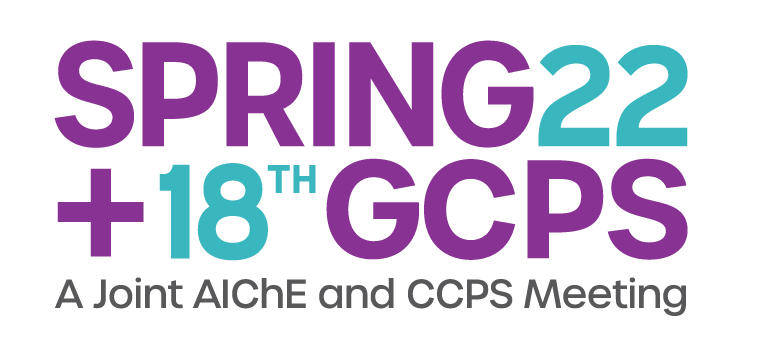

In this contribution, we present the results of the thermographic liquid surface temperature measurement under two simplified process conditions: (i) water evaporation from a still liquid level in the agitated vessel, (ii) evaporation of a binary system with a laminar flow of the liquid and vapor phase and also (iii) first results with distillation of a binary system with liquid flowing down the inclined plane and vapor flowing counter currently above it.
The results of the still level experiments clearly show that the liquid surface thermal images correspond to the temperature of the gas-liquid interface measured indirectly via the water vapor partial pressure in the gas phase. The data measured in a wide range of experimental conditions confirms that the bulk temperature of the gas does not influence the thermal images and the liquid bulk affects thermograms very weakly.
The surface compositions calculated from the thermal images acquired under the evaporation conditions were compared to those measured via confocal Raman spectroscopy and with the theoretical compositions calculated from fundamental transport relations. The results confirm the possibility of thermographic determination of the liquid surface composition under evaporation conditions, and thus the ability of thermography to analyze the local mass transfer activity of the liquid surfaces.
The distillation experiments will be performed in the following arrangement: the liquid and vapor of a binary system are brought into contact in the rectangular distillation space, where the liquid flows down the inclined plate while the vapor flows above the film counter currently. The liquid film is observable through the heated KBr windows (transparent in IR) built into the lid covering the vapor space. The IR camera monitors the interface temperature field.
We aim to put the occurrence of such spots into context with the system properties (surface tension dependence on the mixture composition). The local packing geometry effect is planned to be studied later, when the experimental apparatus is equipped with a real structure packing sheet.
